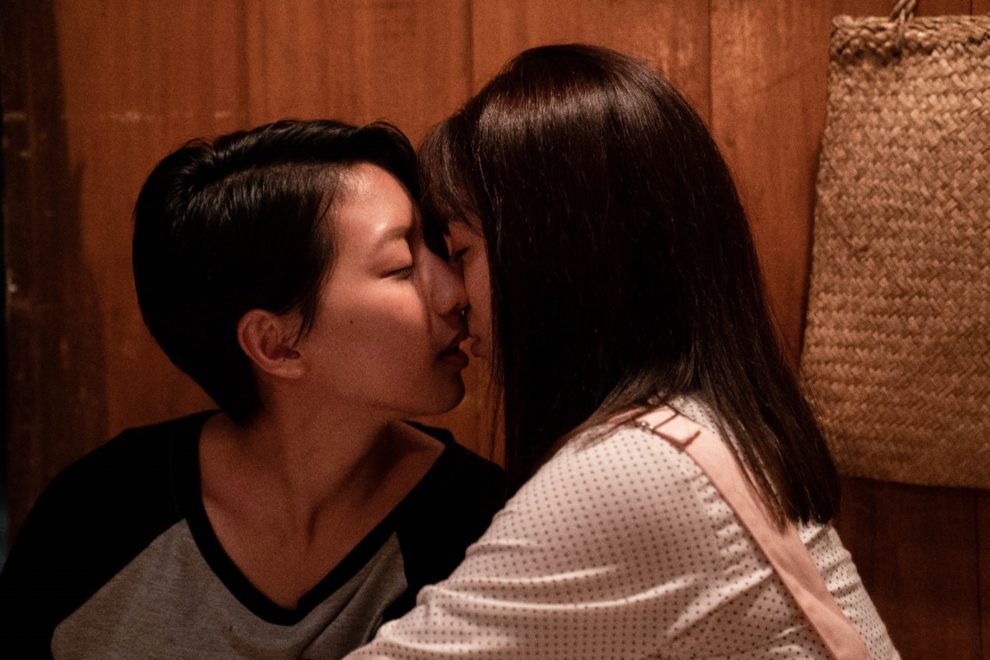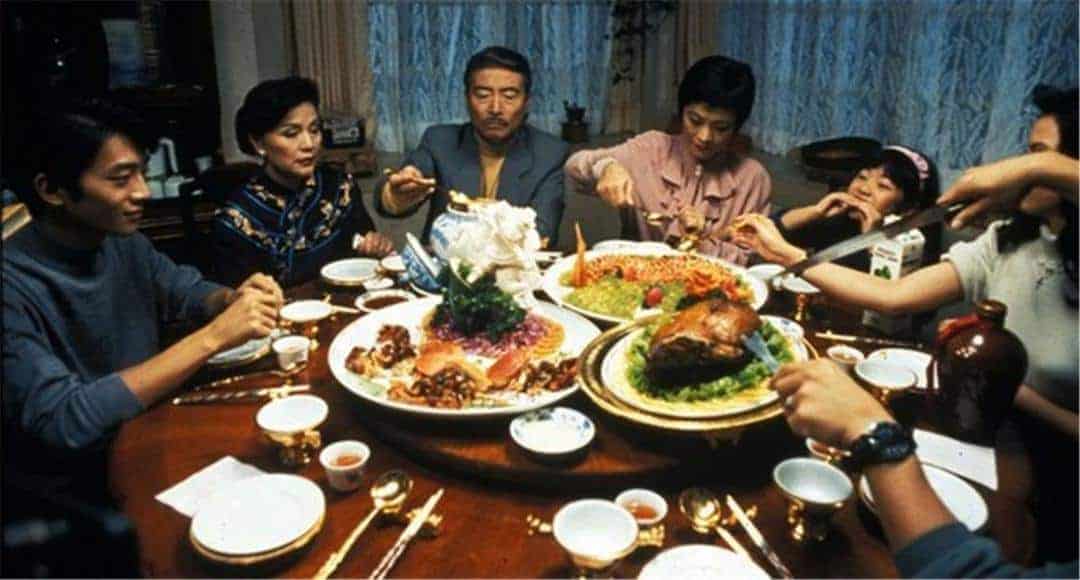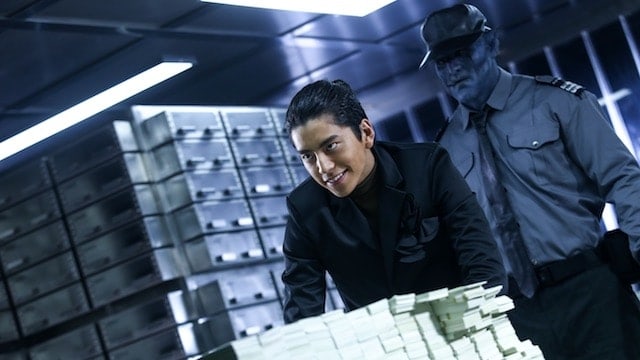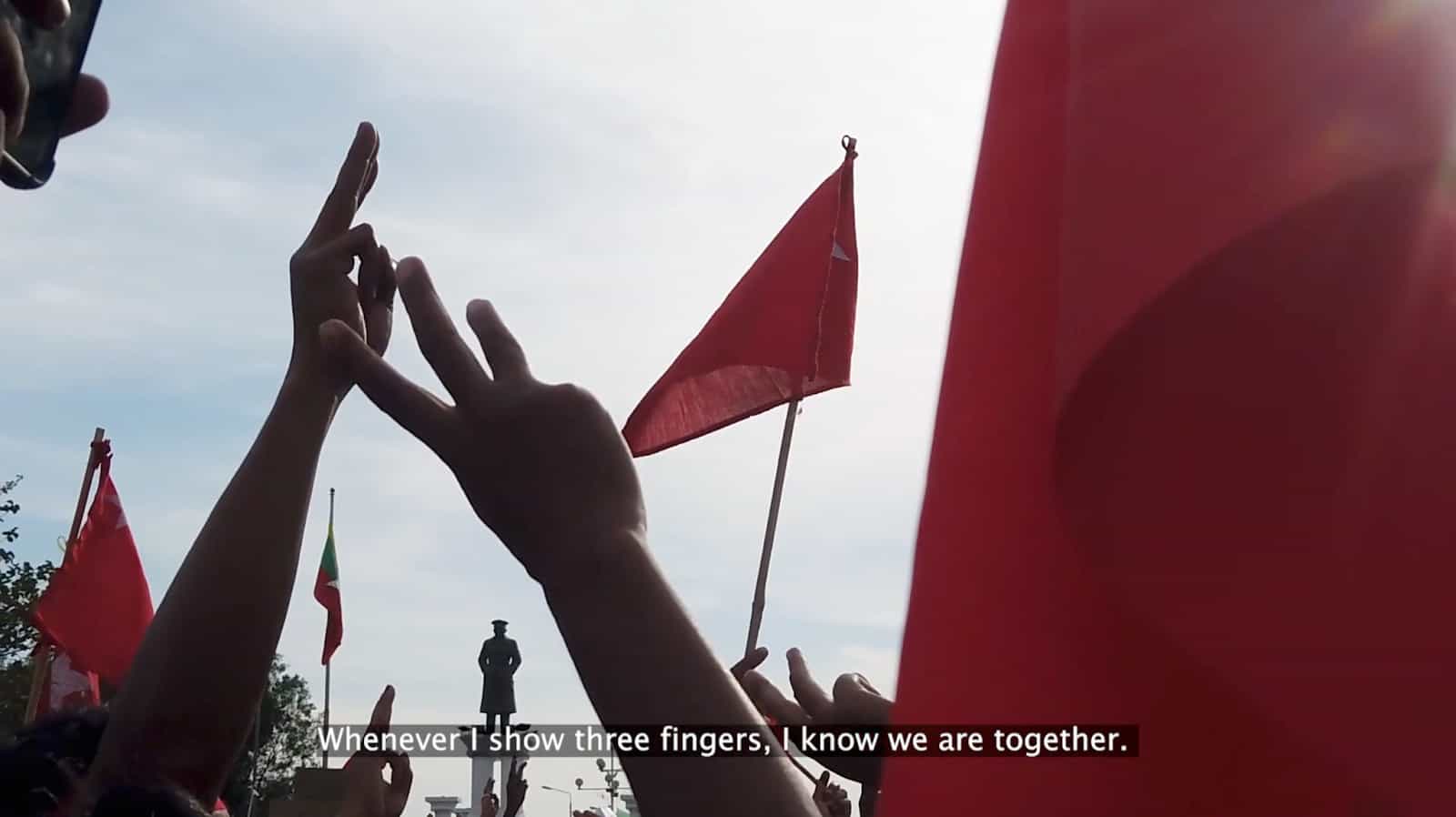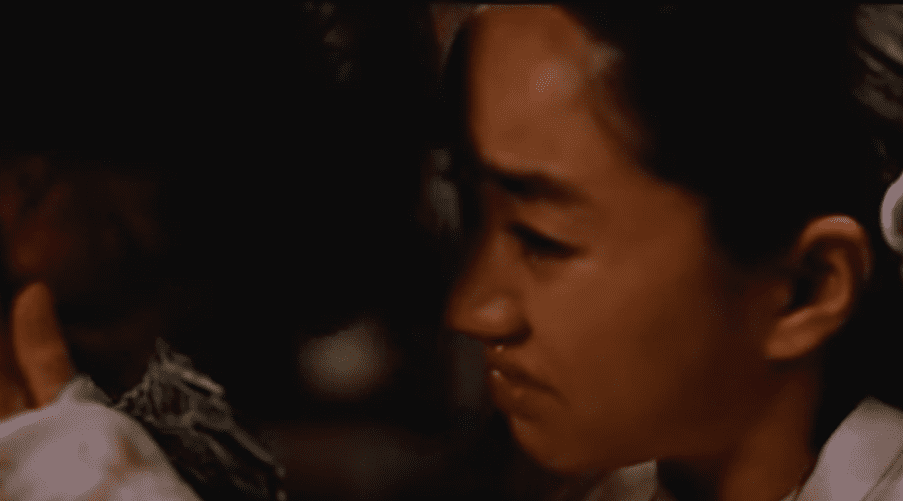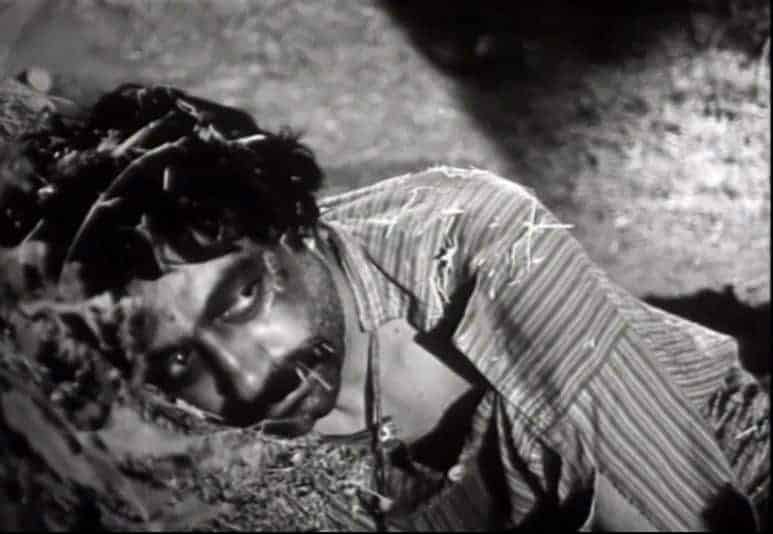Within the context of her Six-City Rainbow Project, “Secrets of 1979” harks back at director Zero Chou's life, whose relatives have also been banana farmers in Southern Taiwan, much like the family of one of the protagonists of her feature. The story is set during the time of martial law, a decisive time for the nation which not only brought many changes, but also much conflict, in society as well as the family, as the smallest social unit. Originally planned for a TV release in Taiwan, “Secrets of 1979” will also be screened at several festivals, including Queer East Film Festival, where it receives its UK premiere.
Secrets of 1979 screened at Queer East Film Festival

Willing to follow a different path than the one her parents have in mind for her future, student Shu-lan (Daphne Low) has moved to Taiwan, where she not only hopes to continue her studies, but also to find a future for herself. At university, she befriends art student Bing-Kuan (Yuu Chen), who faces a similar issue at home, with especially her father expecting her to get married and have children of her own, which has led to many heated discussions between the two of them. However, as the two students become friends, and with Kuan inviting her over to her parents' banana farm, it becomes evident for them, they share more than just a casual friendship.
While Shu-lan and Bing-Kuan discover their feelings for one another, the conflict between the younger generation and the political regime becomes heated. As the two of them start supporting Kuan's brother Tsu (Sean Sun), the editor of a government-critical magazine, they find themselves in the middle of a much bigger conflict, and as the authorities start arresting those opposing their policies, their relationship is also endangered. Eventually, one of them has to make the ultimate decision and either save their love for one another or escape the danger of being arrested.
Similar to many other movies of the past, Zero Chou tells the story of a LGBTQ-relationship as a mirror of the changing times in Taiwanese history. Framed by the memories of an older Bing Kuan looking back on her life and those decisive years, the individual narrative becomes a collective, or more precisely a generational one about the conflict of change and tradition. The scenes showing demonstrations and arrests are linked to the more intimate scenes between the two protagonists, highlighting how their private happiness may be only temporary, while it also has to remain a secret before the eyes of society. At the same time, this limits the movie in some ways, as the historical and political tones become a mere framework for a romantic melodrama.
Perhaps the most convincing aspect of “Secrets of 1979” is the romance between the two protagonists. Daphne Low and Yuu Chen give great performances as two characters thrown into emotional as well as social conflicts, having to decide between their private happiness and their freedom with life-changing repercussions. In this context, the brightness of the whole film as well as Hoho Liu's cinematography does a good job of maintaining the impression of essentially telling us a memoir, a nostalgic look back framed by love, being young and somewhat naive and idealistic.
In the end, “Secrets of 1979” is a solid blend of romance and drama. Zero Chou's feature is at its best when it focuses on the relationship of its two protagonists and their conflicts, supported by the performances and believable chemistry of its two main actors.


